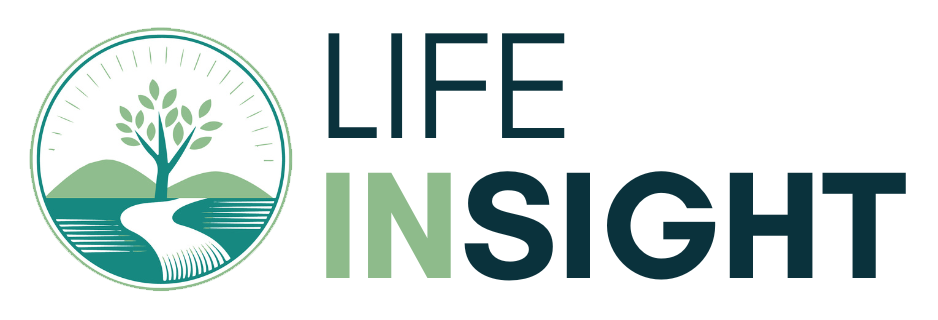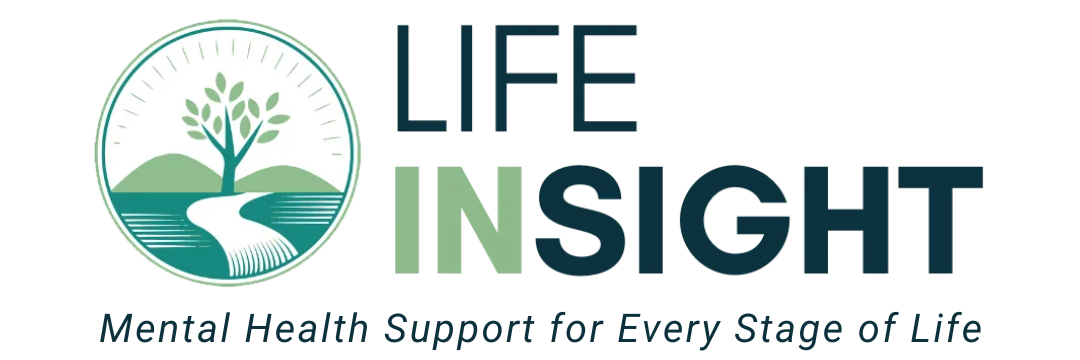Understanding Executive Function: The Brain’s Control Center
Have you ever wondered how you manage to plan your day, switch between tasks, or keep your cool when something unexpected happens? The skills that make this possible are known as executive functions — and they’re at the core of how we think, adapt, and succeed in everyday life.
What Is Executive Function?
Executive function refers to a set of mental skills that help you set goals, solve problems, and manage emotions. Think of it as the “control center” of your brain — the system that allows you to prioritize, focus, and follow through.
These skills influence nearly every part of life. Strong executive functioning is linked to:
- Better performance at school and work
- Stronger relationships
- Improved physical and mental health
The Core Executive Functions
While working memory, cognitive flexibility, and inhibitory control are often called the “big three,” psychologists and educators also recognize other key areas that play a role in success:
- Working Memory – Holding and using information over short periods of time.
- Cognitive Flexibility – Adapting to change and shifting between tasks or perspectives.
- Inhibition/Impulse Control – Managing impulses, emotions, and distractions to stay on track.
- Task Initiation – The ability to get started on tasks without unnecessary procrastination.
- Planning & Organization – Structuring tasks, materials, and time effectively.
- Self-Monitoring – The ability to check in on your own performance and make adjustments.
How Executive Functions Develop and Change
Executive functions start forming in early childhood and strengthen into adulthood. For example:
- Working memory often peaks in your 20s and early 30s.
- Cognitive flexibility continues to develop through young adulthood.
- Inhibitory control begins in infancy and tends to decline with age.
These skills can also be affected by ADHD, autism spectrum disorder, or neurodegenerative diseases like dementia. Even everyday factors such as stress, poor sleep, and lack of exercise can make executive functioning more difficult.
Real-World Impacts at School and Work
When executive functioning is strong, students and professionals are more likely to stay organized, meet deadlines, and adapt well under pressure. But when these skills are underdeveloped or impaired, it often shows up in frustrating, everyday ways:
- Missed deadlines or incomplete projects due to poor planning/organization
- Procrastination or difficulty getting started because of weak task initiation
- Forgetting appointments, instructions, or materials because of working memory lapses
- Misplaced items and clutter from disorganized systems
- Trouble shifting gears when plans change (cognitive inflexibility)
- Blurting out comments in meetings or struggling to wait one’s turn (impulse control)
- Difficulty recognizing when an assignment or presentation needs more work (self-monitoring gaps)
In fact, with ADHD, many people assume the core issue is “poor focus” or “being impulsive.” While those play a role, much of what clinicians evaluate during testing has to do with executive skills — the very systems that govern planning, prioritization, and follow-through.
Everyday Examples of Executive Function
You use these skills more often than you think:
- Working memory helps you remember directions while navigating to a new restaurant.
- Cognitive flexibility allows you to change weekend plans when the weather shifts.
- Impulse control helps you stay calm during a tough conversation or resist the urge to check your phone during a meeting.
- Planning and organization help you keep track of assignments, deadlines, or daily to-do lists.
- Task initiation is what gets you to actually start your workout instead of putting it off.
Can You Improve Executive Function?
Yes! While executive functions can decline with age or health conditions, research shows they can be strengthened through intentional practice:
- Exercise – Activities requiring both body and brain (like tennis or basketball) strengthen focus and adaptability.
- Mindfulness – Meditation and breathing techniques improve attention and emotional regulation.
- Cognitive training – Brain games, puzzles, and memory exercises can boost problem-solving skills.
- Planning tools – Using calendars, task apps, or written checklists can support organization and follow-through.
- Sleep and stress management – Prioritizing rest and reducing stress significantly improves daily functioning.
The key takeaway: improvements fade when you stop practicing. Consistency matters.
Why It Matters
Executive functioning isn’t just about getting more done — it’s about feeling grounded, capable, and in control of your life. When these skills are strong, it becomes easier to:
- Adjust when life throws curveballs
- Handle stress without feeling overwhelmed
- Show up fully in your relationships
- Stay on track in school, work, and everyday responsibilities
If you or someone close to you is noticing ongoing struggles with memory, focus, or self-control, it may be worth paying attention. These challenges are common, but they can also point to something deeper that deserves support.
At Life Insight, we meet you where you are. Our team offers practical tools, guidance, and compassionate support to help strengthen executive functioning and overall well-being.
If you or a loved one could use some help in this area, we’re here — you don’t have to figure it out on your own.





